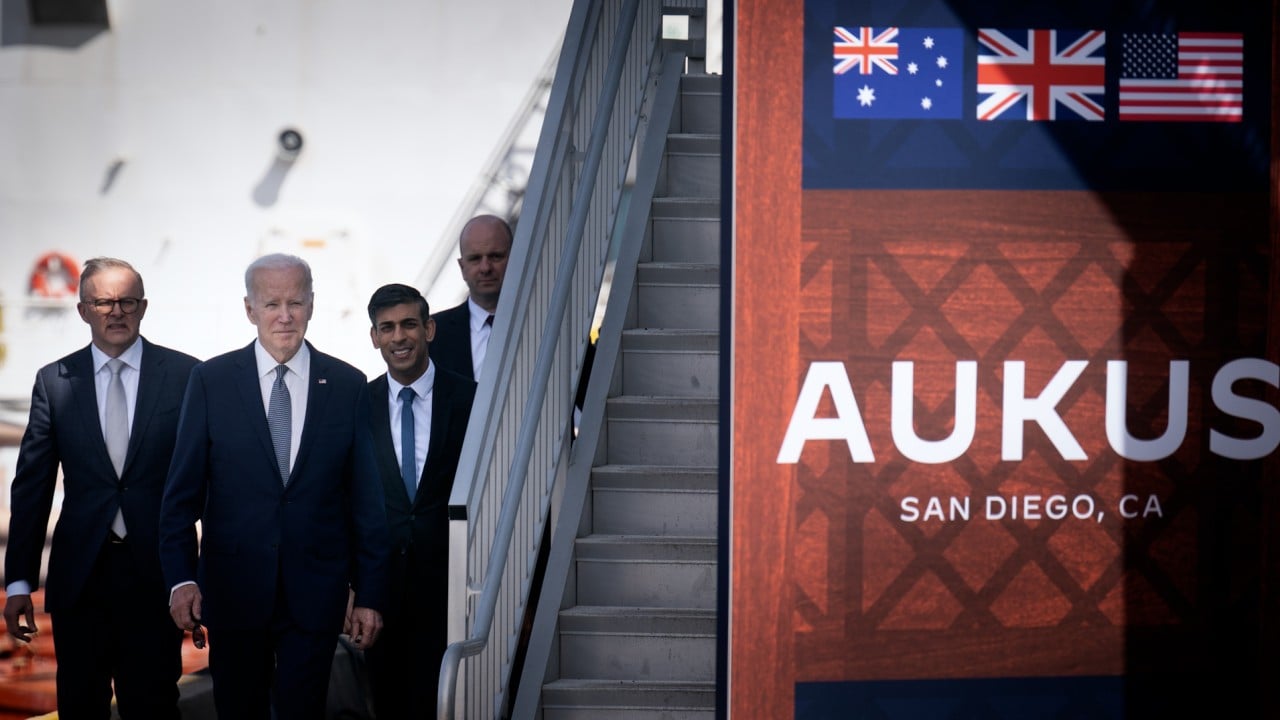In a joint declaration signed on Thursday in Washington, New Zealand Foreign Minister Winston Peters and US Secretary of State Antony Blinken recommitted to the “historic partnership” between the two nations and the principles that underpin it, including the rule of law, democracy and human rights.
“The strategic environment that New Zealand and the United States face is considerably more challenging now than even a decade ago and demands that we work together more urgently and concertedly,” Peters said in a statement.
“As we face a range of common challenges, globally and in the Indo-Pacific region, it’s more important than ever that New Zealand and the United States find common cause in defence of shared values and interests.”
How should Australia use Aukus submarines? Up to them, says US Pacific commander
How should Australia use Aukus submarines? Up to them, says US Pacific commander
New Zealand’s new centre-right government, which took office late last year, is seeking to deepen its ties with like-minded Western nations such as Australia, the US and UK amid concerns about Beijing’s growing ambitions in the Pacific. In doing so it runs the risk of antagonising China, its biggest trading partner, which could retaliate by curbing purchases of New Zealand goods – a strategy it has used against Australia.
“China is clearly the target of all this cooperation,” said Geoffrey Miller, a geopolitical analyst at the Democracy Project in Wellington. “I think that New Zealand could be taught a lesson by Beijing if it flies too close to the sun and keeps signing up to these kinds of things.”
The joint declaration noted New Zealand and US membership of the Five Eyes intelligence-sharing group and lauded both countries’ “deep ties with – and commitment to – the Pacific Islands.”
“Our countries are united by our enduring stake in an open, stable, and prosperous Indo-Pacific,” it said. “We are resolved to uphold the conditions that have seen the region thrive, including freedom of navigation, the peaceful settlement of disputes, and respect for sovereignty and internationally agreed-upon rules and norms.”
Peters and Blinken said they will now seek to meet annually as “the most challenging strategic environment in decades requires us to do more together.”


